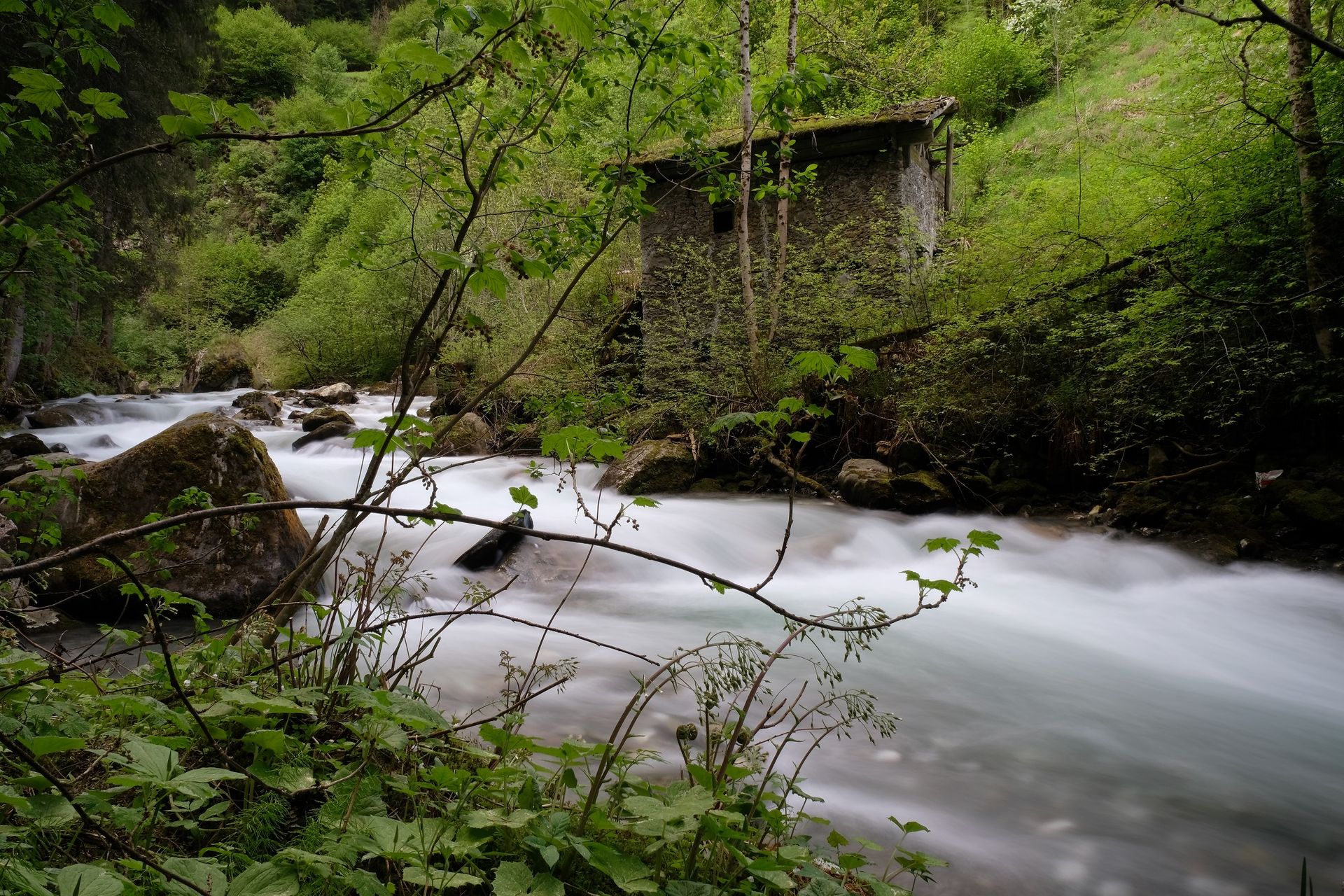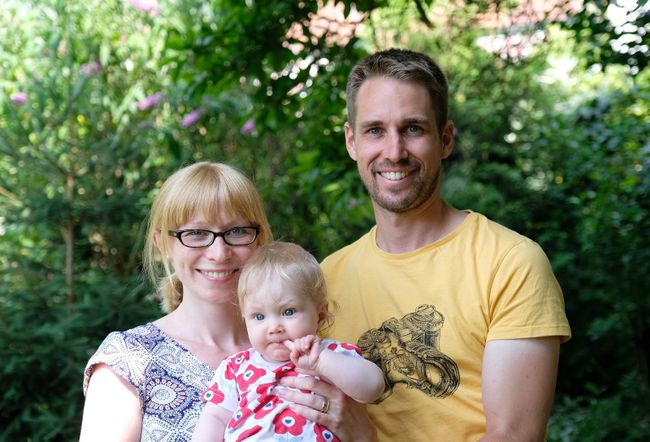In the distance so close
Wotae: 02.04.2019
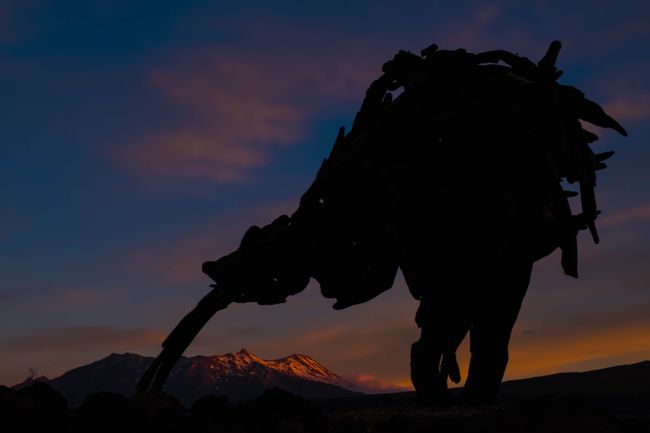
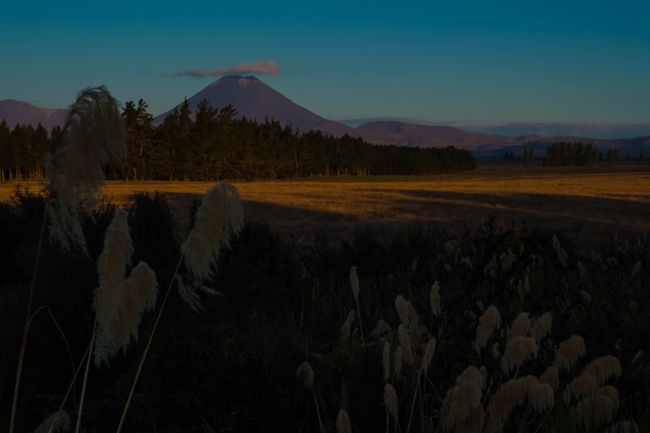

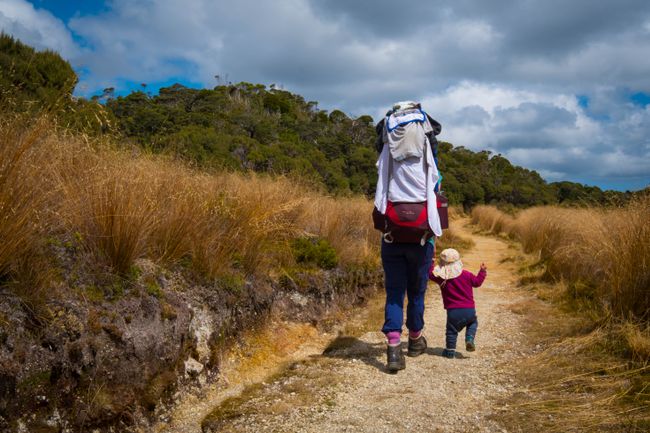
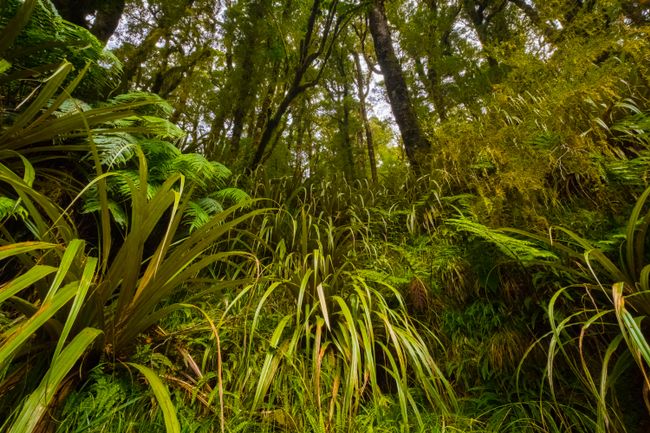
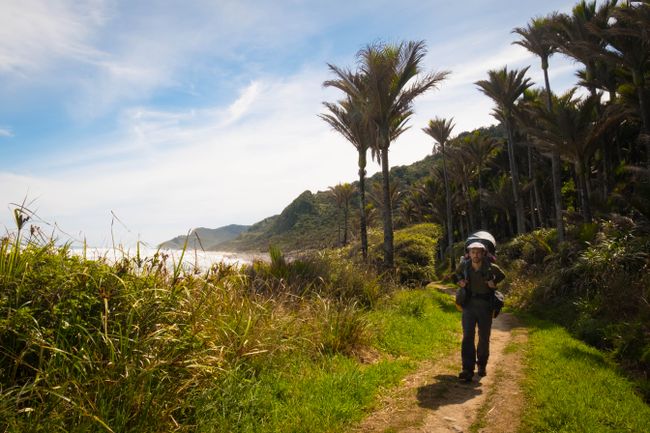
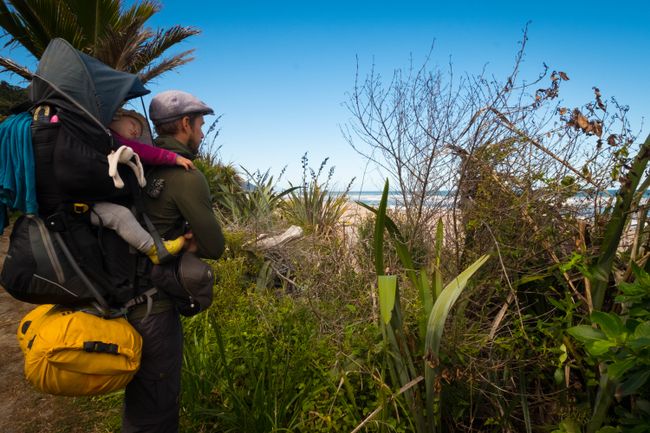
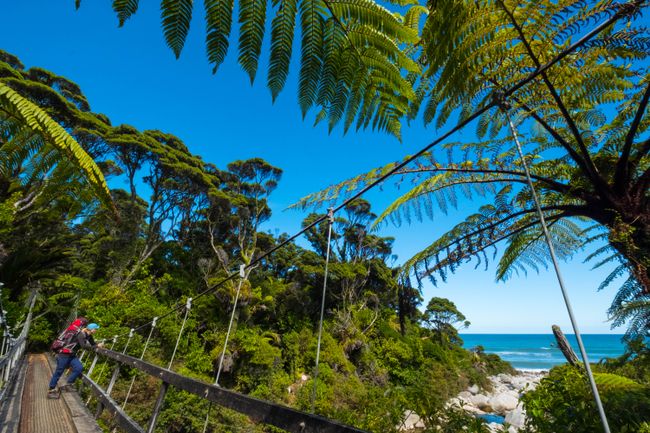
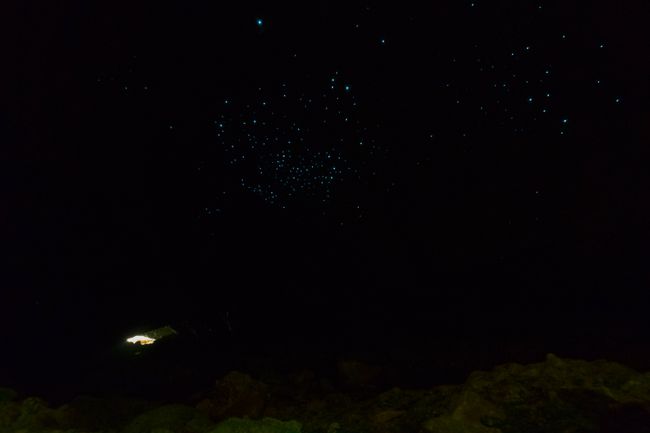
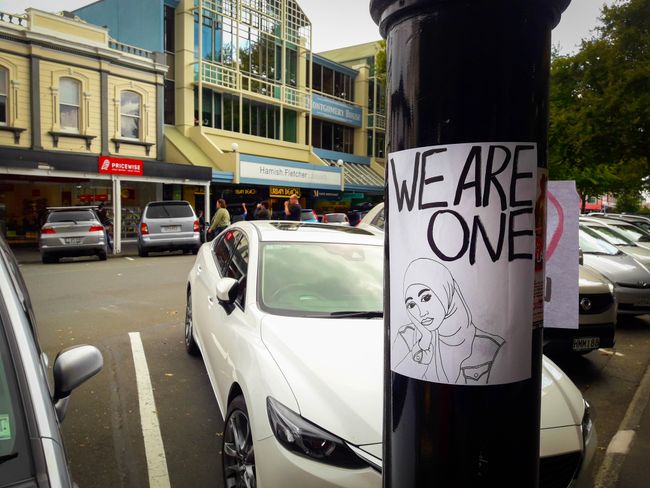
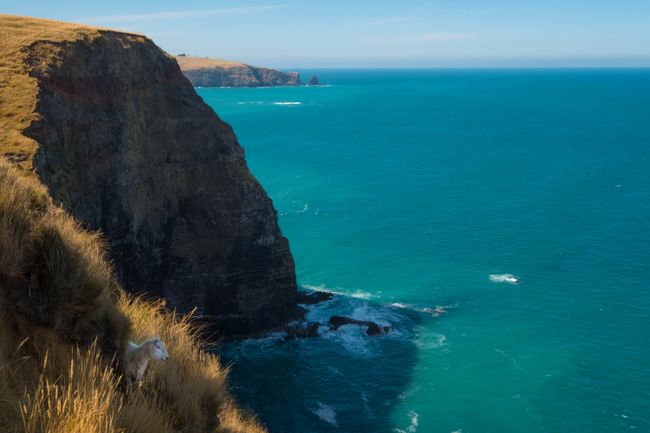
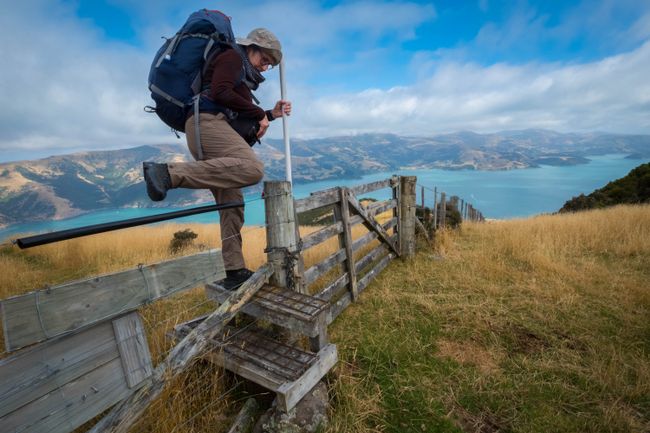
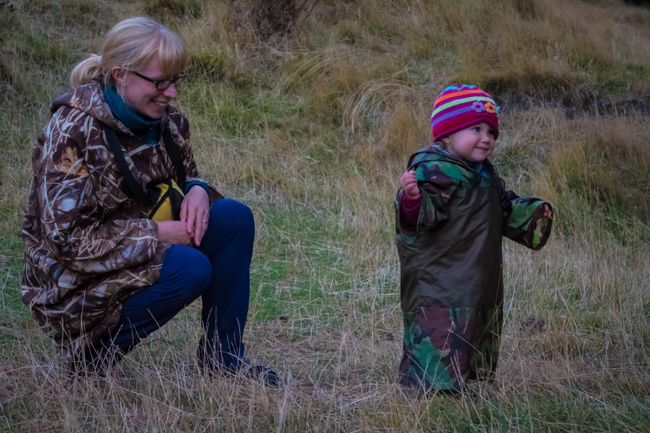
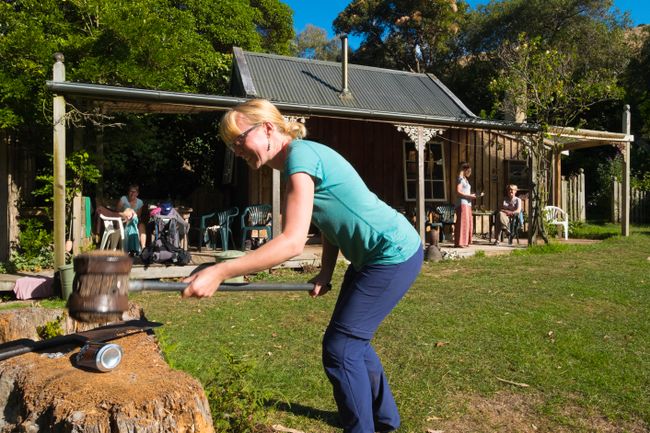
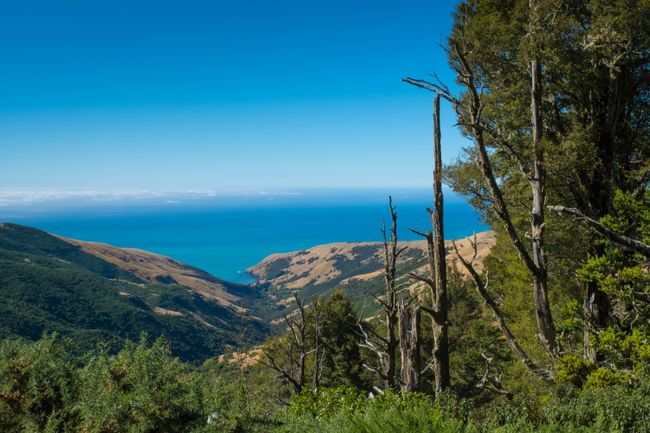
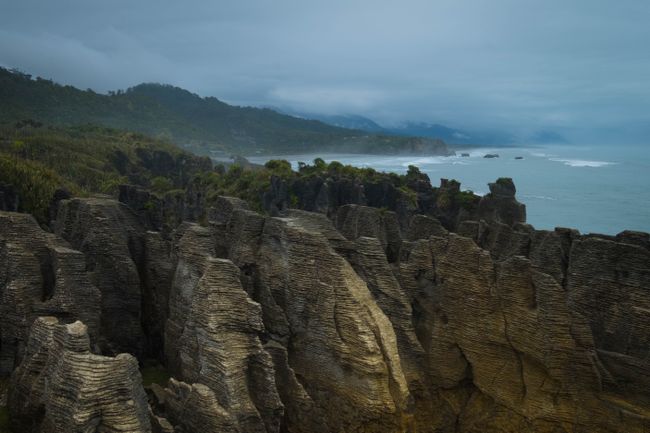
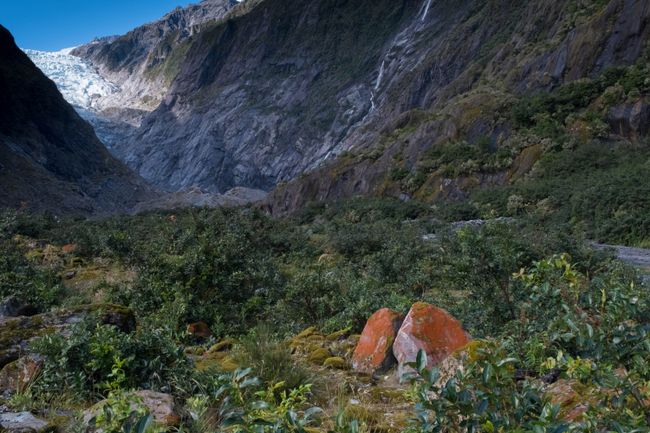
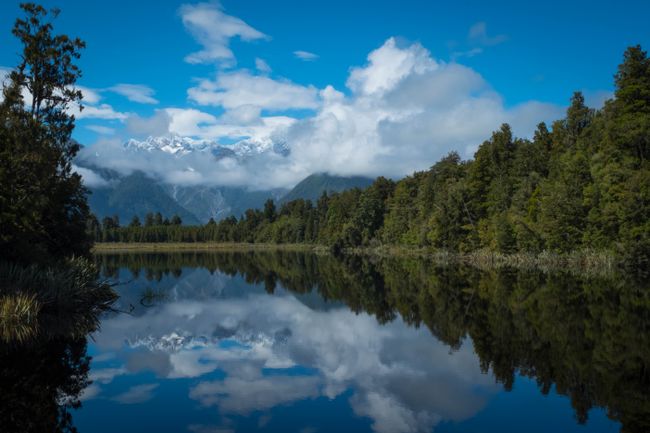
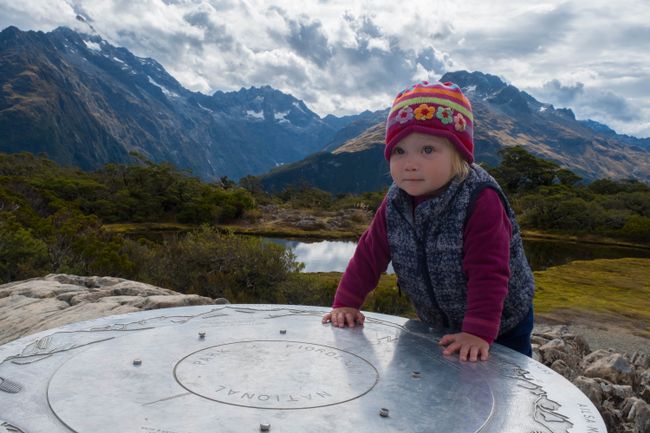
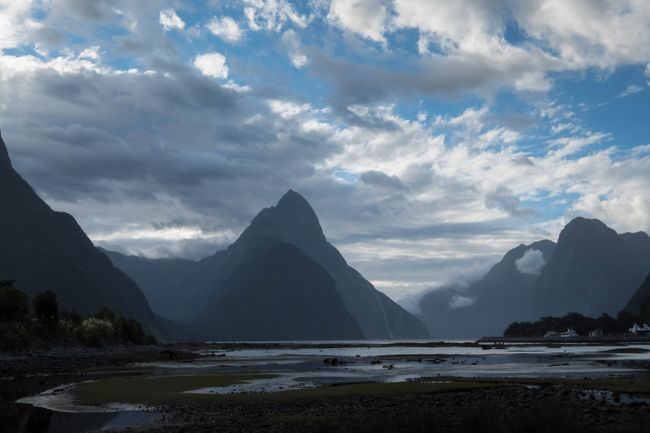
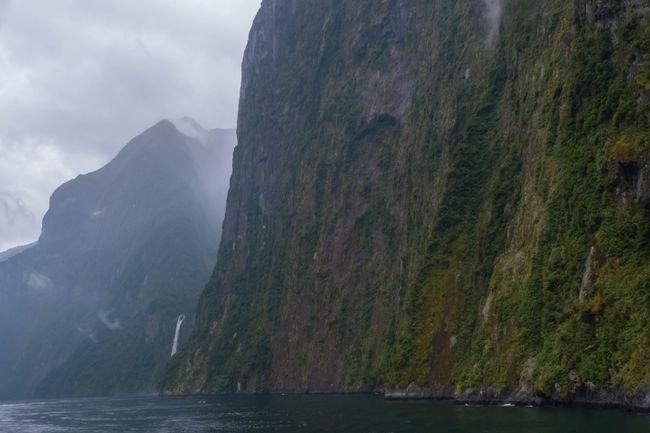
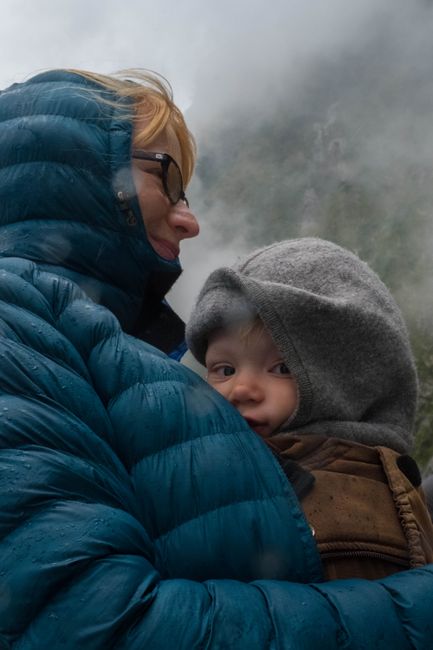
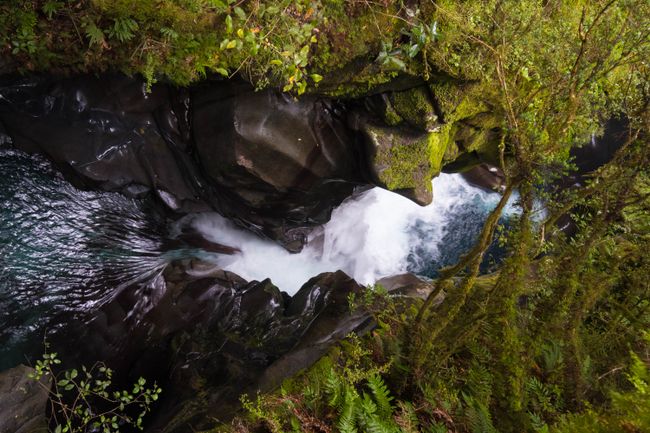
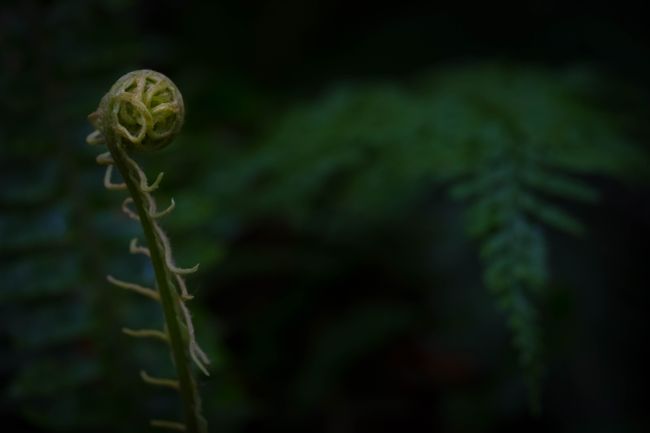
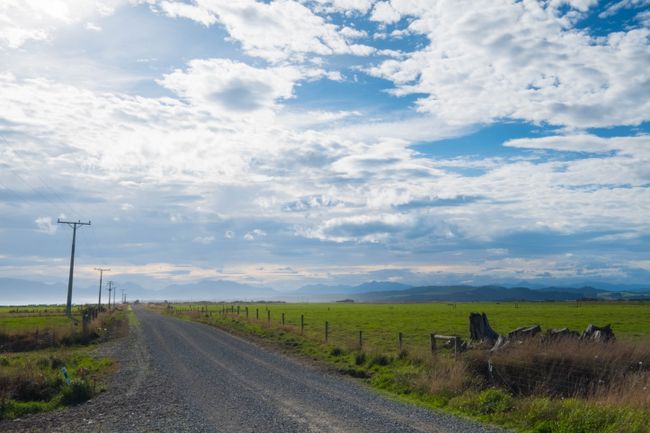
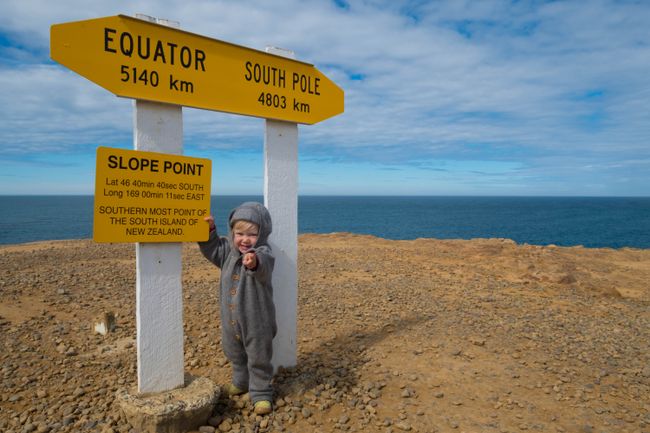
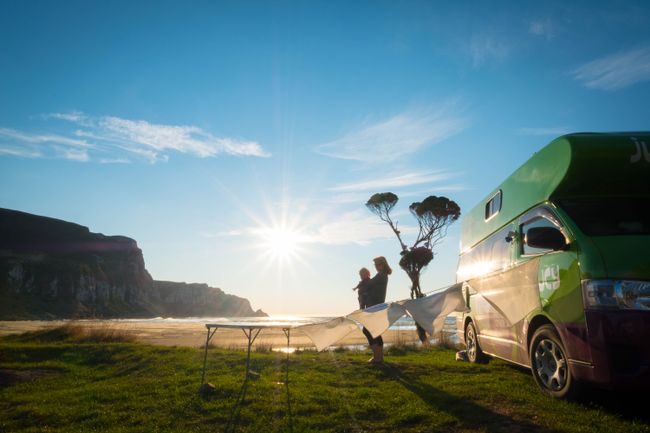
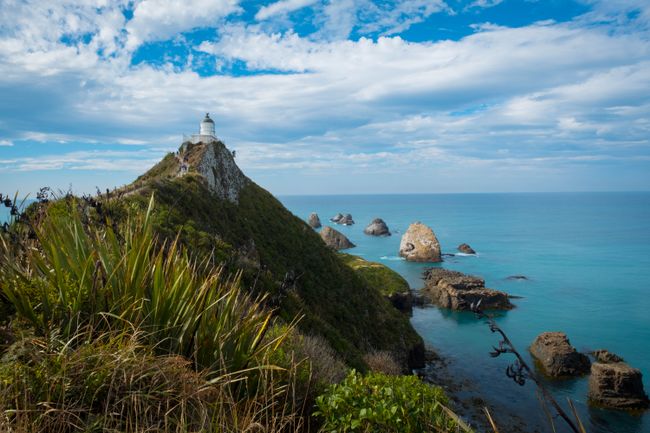
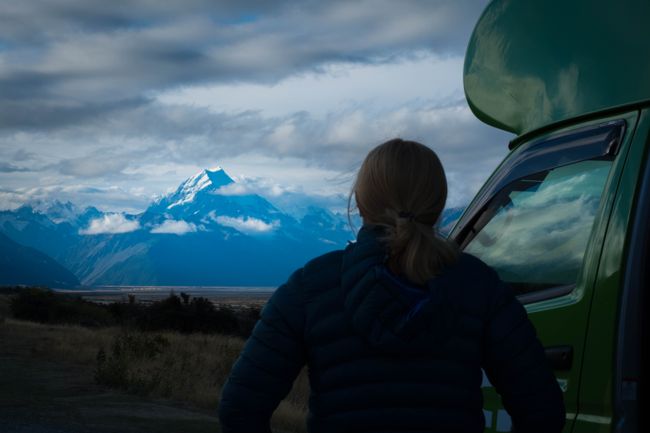
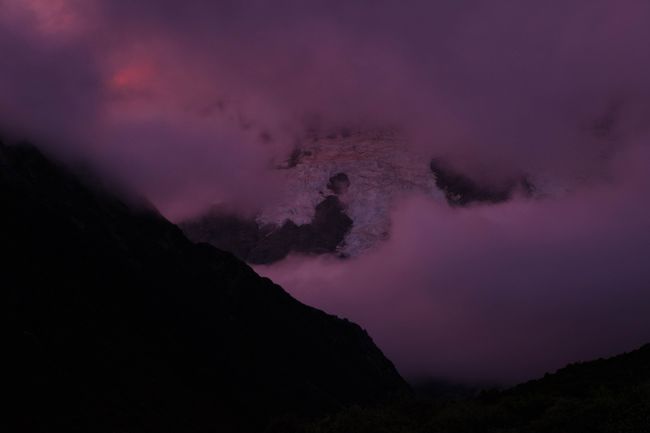
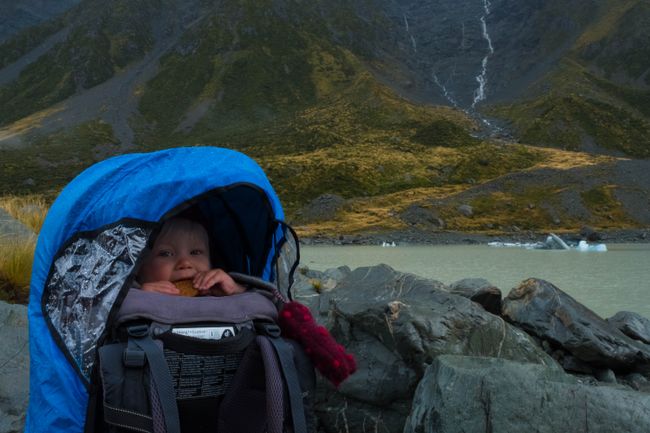
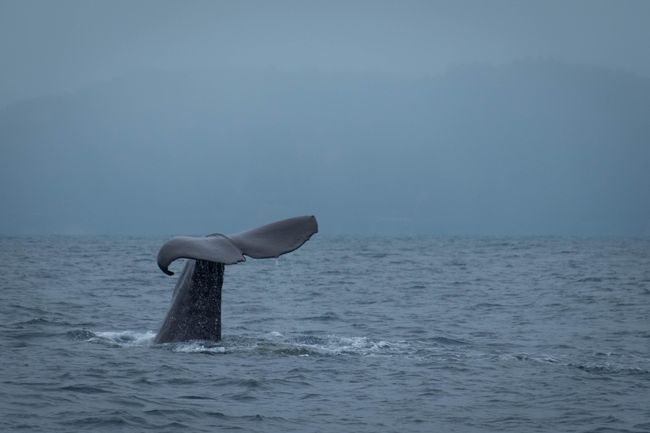
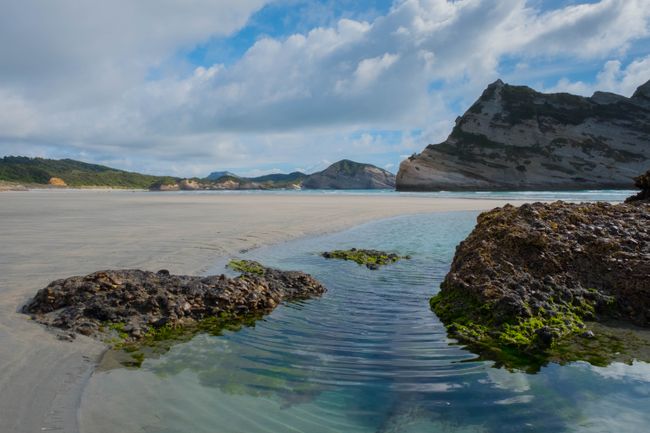
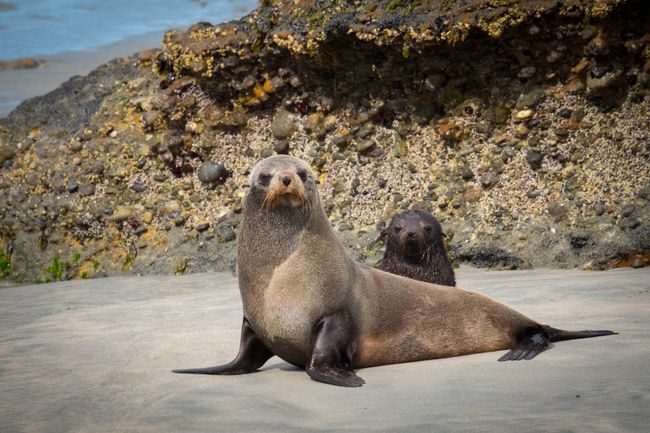
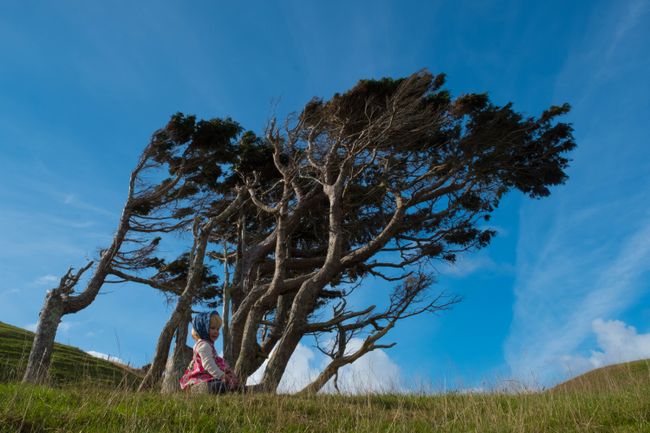
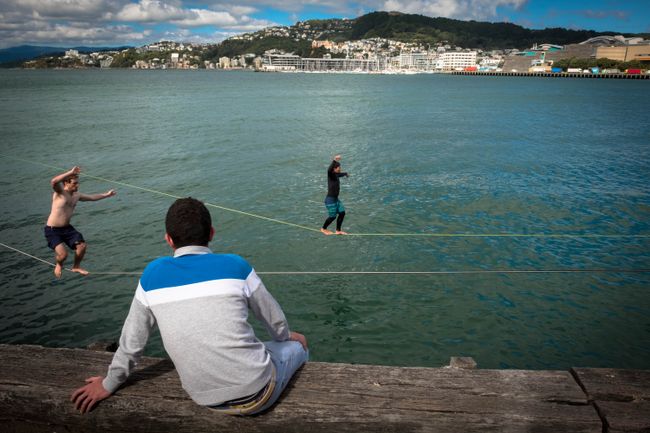
Wɔ Nudɔdɔ na Nyadzɔdzɔgbalẽ
In the wild, the shy and nocturnal bird is difficult to find. Not least because the kiwi populations in New Zealand are steadily declining. As a national symbol, the bird is omnipresent for many purposes.< figure >< img src = '/uploads/4bd2fd50-553f-11e9-ba79-0b6ed2e7ed5c.jpg_large.jpg' alt = 'In the wild, the shy and nocturnal bird is difficult to find. Not least because the kiwi populations in New Zealand are steadily declining. As a national symbol, the bird is omnipresent.' />< figcaption >< i > In the wild, the shy and nocturnal bird is difficult to find. Not least because the kiwi populations in New Zealand are steadily declining. As a national symbol, the bird is omnipresent. < p >< br />< p >After six months of our journey, we have now reached the country that is farthest from our home: New Zealand. Despite the geographical distance, we feel closer to Germany here than ever before in the past months: as much as we enjoyed the food in Asia, we are very happy here with a simple cheese sandwich for breakfast. The lifestyle of the New Zealanders is similar to that in Europe, some landscapes remind us of northern Germany and others of the Black Forest, and the German summer weather seems to hibernate here. All of this offers us a welcome break from Asian traffic, tropical climate, and daily rice. < p >Although we quickly found ourselves back in an Asian homestay after our arrival in Auckland, which was not what we expected, as the hostel we had booked for the first few nights turned out to be not child-friendly. Luckily, we quickly found another accommodation and couldn't help but laugh when the door was opened by a Chinese woman. Welcome back to Asia?! After seeing several homestays run by Chinese people during the rest of our trip, this seems to be a common source of income for Chinese people in New Zealand. < p >< br />< figure >< img src = '/uploads/539dec70-553f-11e9-ba79-0b6ed2e7ed5c.jpg_large.jpg' alt = 'Mount Ngauruhoe (2291 m), an active volcano in Tongariro National Park on the North Island of New Zealand. The last eruption, however, was over 40 years ago.' />< figcaption >< i > Mount Ngauruhoe (2291 m), an active volcano in Tongariro National Park on the North Island of New Zealand. The last eruption, however, was over 40 years ago. < p >< br />< figure >< img src = '/uploads/5bf64e80-553f-11e9-ba79-0b6ed2e7ed5c.jpg_large.jpg' alt = 'The so-called Tongariro Alpine Crossing, a day hike through the national park leads through an impressive volcanic landscape. Mordor: this is where it was filmed.' />< figcaption >< i > The so-called Tongariro Alpine Crossing, a day hike through the national park leads through an impressive volcanic landscape. Mordor: this is where it was filmed. < p >< br />< p >This should not be the last time it became complicated because of Antonia. We met many German families with children - a high point for parental leave. The fact that some of the children were born while we were trekking through Nepal reminded us how long we've been on the road. In our eyes, New Zealand is only an ideal travel destination with children if you are traveling with your own camper. With public transportation, the problem quickly arises that we need a car seat for Antonia in minibusses - which we often rely on. Luckily, we quickly organized one. But that also meant that in addition to our luggage, we had to carry a car seat around on our travels through the country. Of course, it's about Antonia's safety, and the helpfulness and friendliness of the New Zealanders in dealing with such special cases quickly reconciled us. We often encounter this friendliness here: the customs officer who chats with us, the bus driver who gets off to help us with our luggage, the hostel owner who shares his noodle casserole with us. And yes, even the receptionist in Auckland who had to turn us away did everything he could to help us anyway. < figure >< img src = '/uploads/91d9a010-553f-11e9-ba79-0b6ed2e7ed5c.jpg_large.jpg' alt = 'Heaphy Track on the South Island: Antonia is starting to walk on her own more and more. Luckily, we brought a lot of time.' />< figcaption >< i > Heaphy Track on the South Island: Antonia is starting to walk on her own more and more. Luckily, we brought a lot of time. < p >< br />< figure >< img src = '/uploads/7ec4fb50-553f-11e9-ba79-0b6ed2e7ed5c.jpg_large.jpg' alt = 'Through damp fern forests far from civilization ...' />< figcaption >< i > Through damp fern forests far from civilization ... < p >< br />< figure >< img src = '/uploads/bf5bdd00-553f-11e9-ba79-0b6ed2e7ed5c.jpg_large.jpg' alt = '... we walk to the rugged west coast of New Zealand, which shows itself here in its best light in bright sunshine.' />< figcaption >< i > ... we walk to the rugged west coast of New Zealand, which shows itself here in its best light in bright sunshine. < br />< br />< figure >< img src = '/uploads/ae771090-553f-11e9-ba79-0b6ed2e7ed5c.jpg_large.jpg' alt = 'The view of the deserted dream beaches rewards us after five days of hauling.' />< figcaption >< i > The view of the deserted dream beaches rewards us after five days of hauling. < p >< br />< figure >< img src = '/uploads/dc4c2870-553f-11e9-ba79-0b6ed2e7ed5c.jpg_large.jpg' alt = 'There are suspension bridges not only in Nepal.' />< figcaption >< i > There are suspension bridges not only in Nepal. < p >< br />< figure >< img src = '/uploads/9a14b620-553f-11e9-ba79-0b6ed2e7ed5c.jpg_large.jpg' alt = 'A little detour from the path leads to this glowworm cave. These are actually crane fly larvae that use bioluminescence to catch prey.' />< figcaption >< i > A little detour from the path leads to this glowworm cave. These are actually crane fly larvae that use bioluminescence to catch prey. < p >< br />< p >We have repeatedly noticed the self-irony of the New Zealanders: often they laugh the loudest about themselves. This also includes making a flightless, semi-blind bird the national symbol. In our opinion, it is a bit too much self-irony to make it the symbol of the New Zealand Air Force as well. < p >We have greatly enjoyed the relaxed and carefree nature of the New Zealanders. Although we were very surprised that there are no passport control or security checks on domestic flights. This relaxed attitude rubs off on you. One assumes that the world's problems are far away here. The terrorist attack on the mosques in Christchurch confronted us (and the New Zealanders) with reality in a dramatic way. < figure >< img src = '/uploads/2772c4b0-5858-11e9-ba79-0b6ed2e7ed5c.jpg_large.jpg' alt = 'After the terrorist attacks on two mosques, a wave of solidarity sweeps through the country.' />< figcaption >< i > After the terrorist attacks on two mosques, a wave of solidarity sweeps through the country. < p >< br />< p >For years, the country has been experiencing a tourism boom. It amazes and inspires us to see how the country manages to deal with it. Parking lots at the sights are expanded, toilets are installed, and paths are built. Information offices provide extensive information and on state-owned campsites you can stay cheaply and usually on a trust basis. However, we also agree with many Kiwis we have spoken to, that the expansion of these infrastructure facilities should be limited and must be financially sustainable. Parking fees, admission to attractions, and strict controls at campsites are probably only a matter of time. Currently, the country still represents a tourist paradise in this regard. On the one hand, it is a pity that such measures have to be taken, but on the other hand, it seems inevitable in order to curb the increase in tourist numbers and the associated negative side effects and to leave something of their country for the New Zealanders. They already take environmental pollution very seriously. Disposing of a cola can costs you a fine of around 5,000 €.< figure >< img src = '/uploads/fe0f31a0-553f-11e9-ba79-0b6ed2e7ed5c.jpg_large.jpg' alt = 'Different track, different coast: The Banks Track on the Banks Peninsula near Christchurch impresses with its high cliffs. There seem to be six times more sheep in New Zealand than inhabitants. There are supposedly about 30 million of them.' />< figcaption >< i > Different track, different coast: The Banks Track on the Banks Peninsula near Christchurch impresses with its high cliffs. There seem to be six times more sheep in New Zealand than inhabitants. There are supposedly about 30 million of them.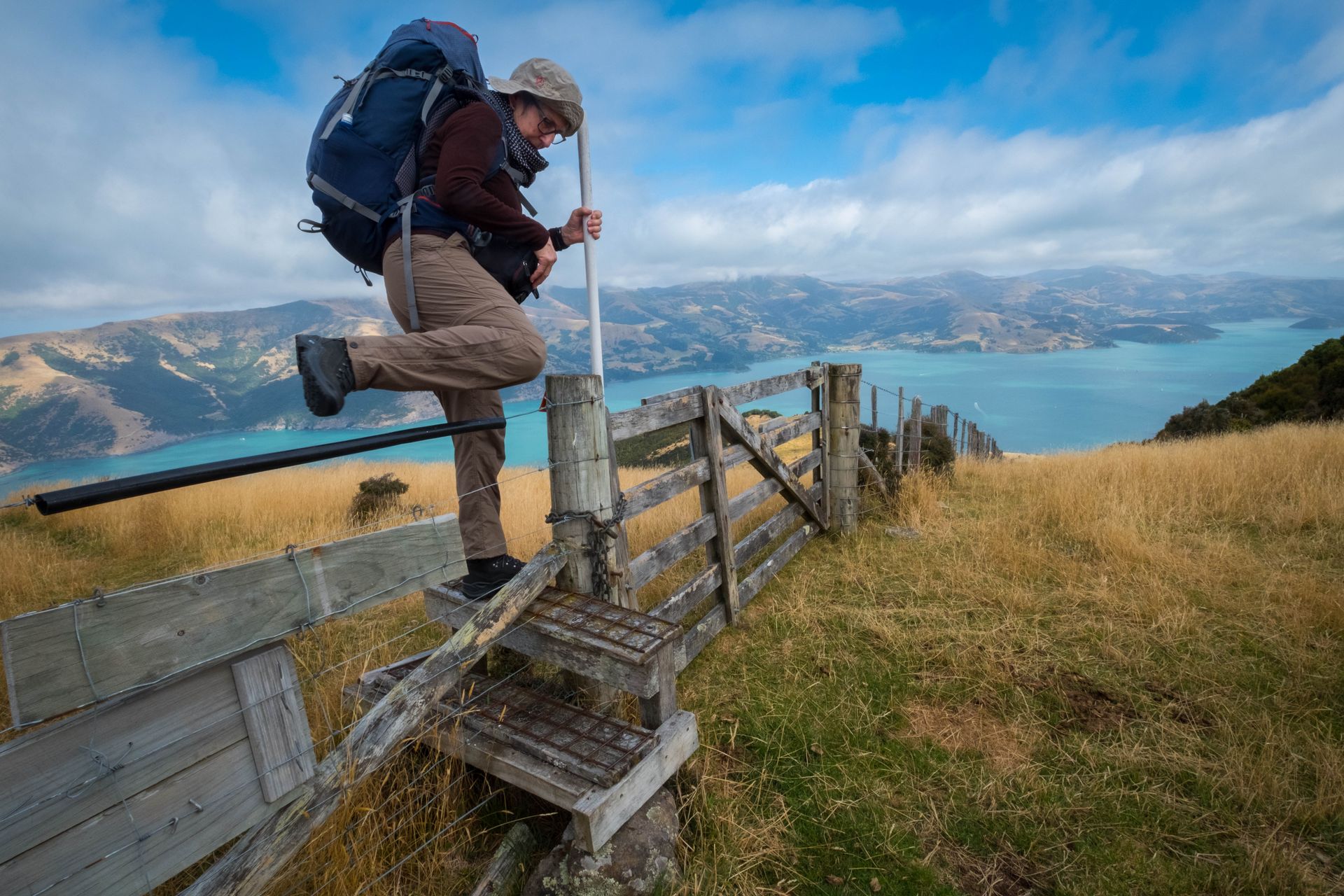



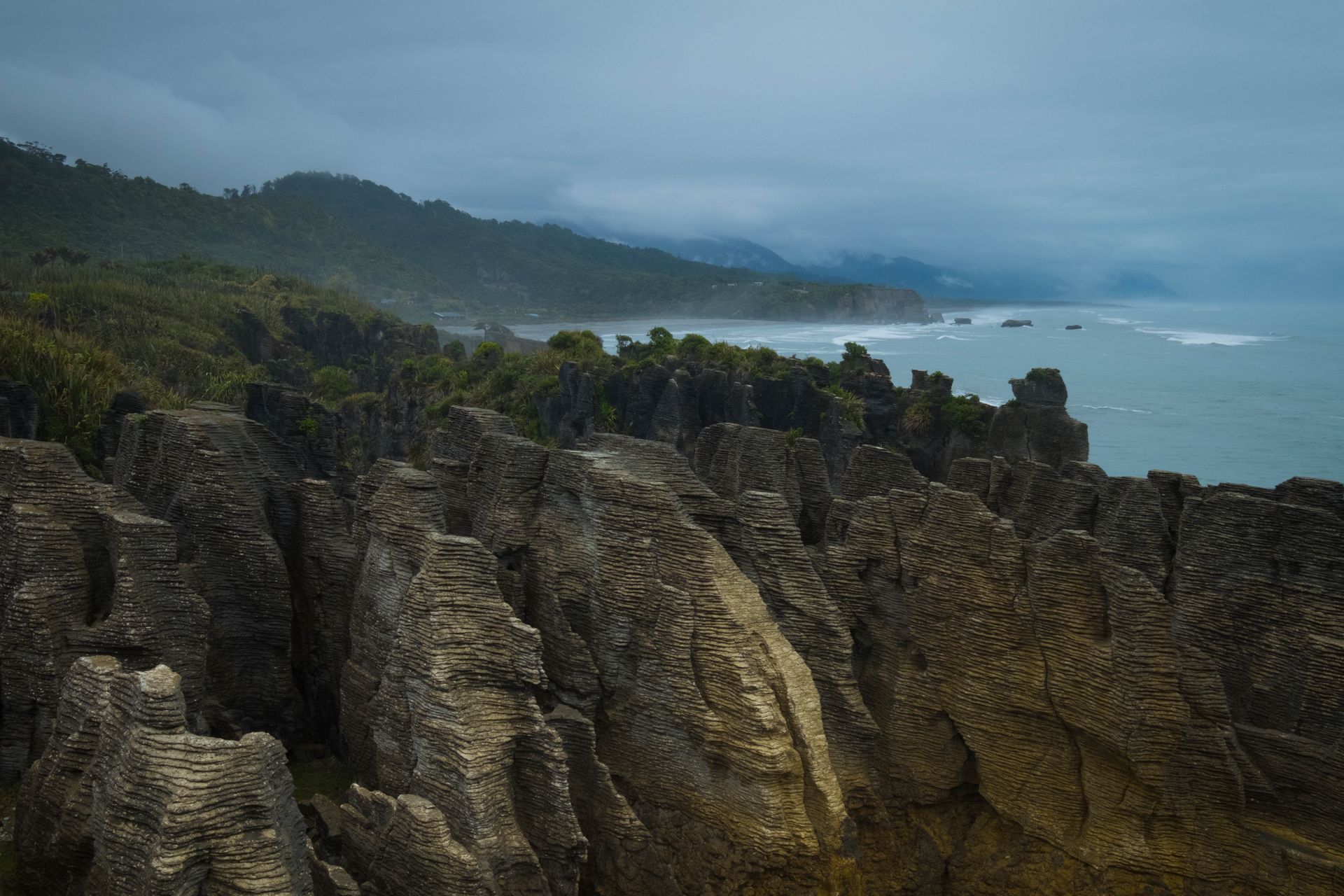


Neben den herzlichen Menschen sind es vor allem die atemberaubenden Landschaften Neuseelands, für die sich die weite Anreise lohnt. Denn kaum eine Stunde entfernt von Schwarzwald-ähnlichen Wäldern wähnt man sich plötzlich im Regenwald Borneos. Von dort ist es wiederum nicht weit zu traumhaften Sandstränden und nur ein paar Kilometer weiter findet man sich an rauen Steilküsten wieder. Tiefe Schluchten wechseln sich ab mit weiten Flusstälern und beschauliche Schafsweiden mit kargen Felslandschaften. Hinter jeder Kurve wartet ein neues Highlight. Neben den Landschaften haben es uns auch die wilden Tiere wie Pinguine, Robben oder Wale angetan, die wir beobachten konnten.



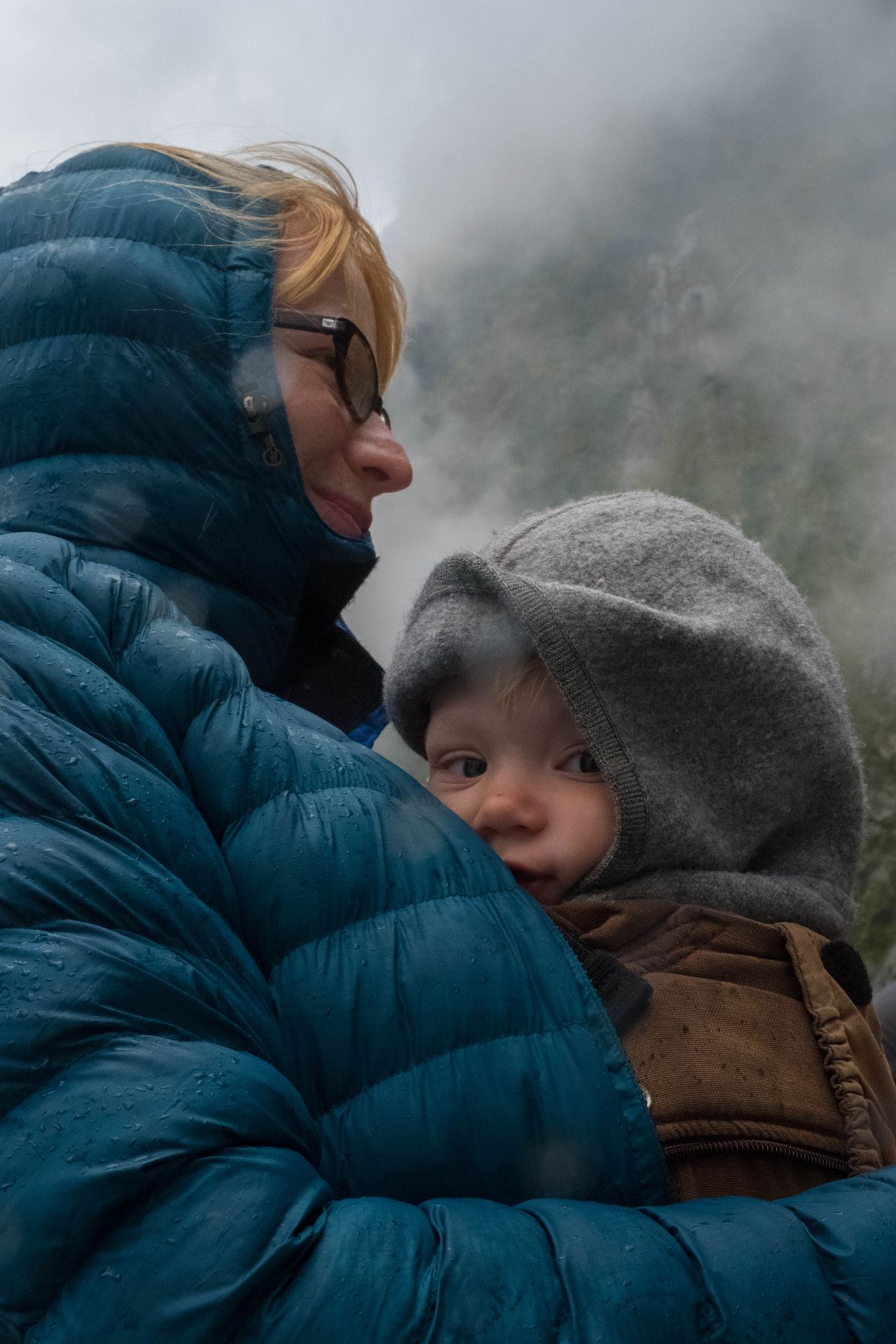


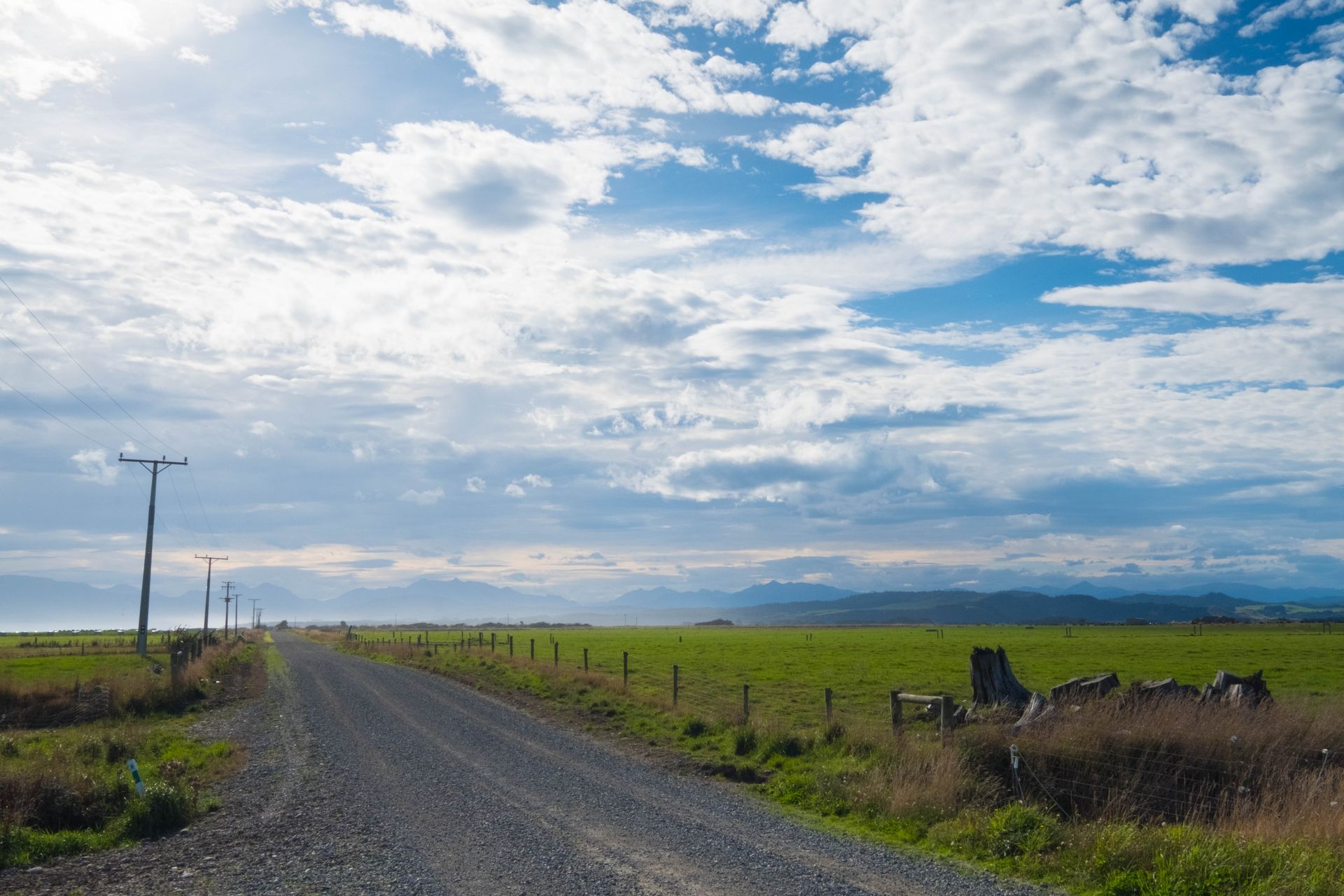
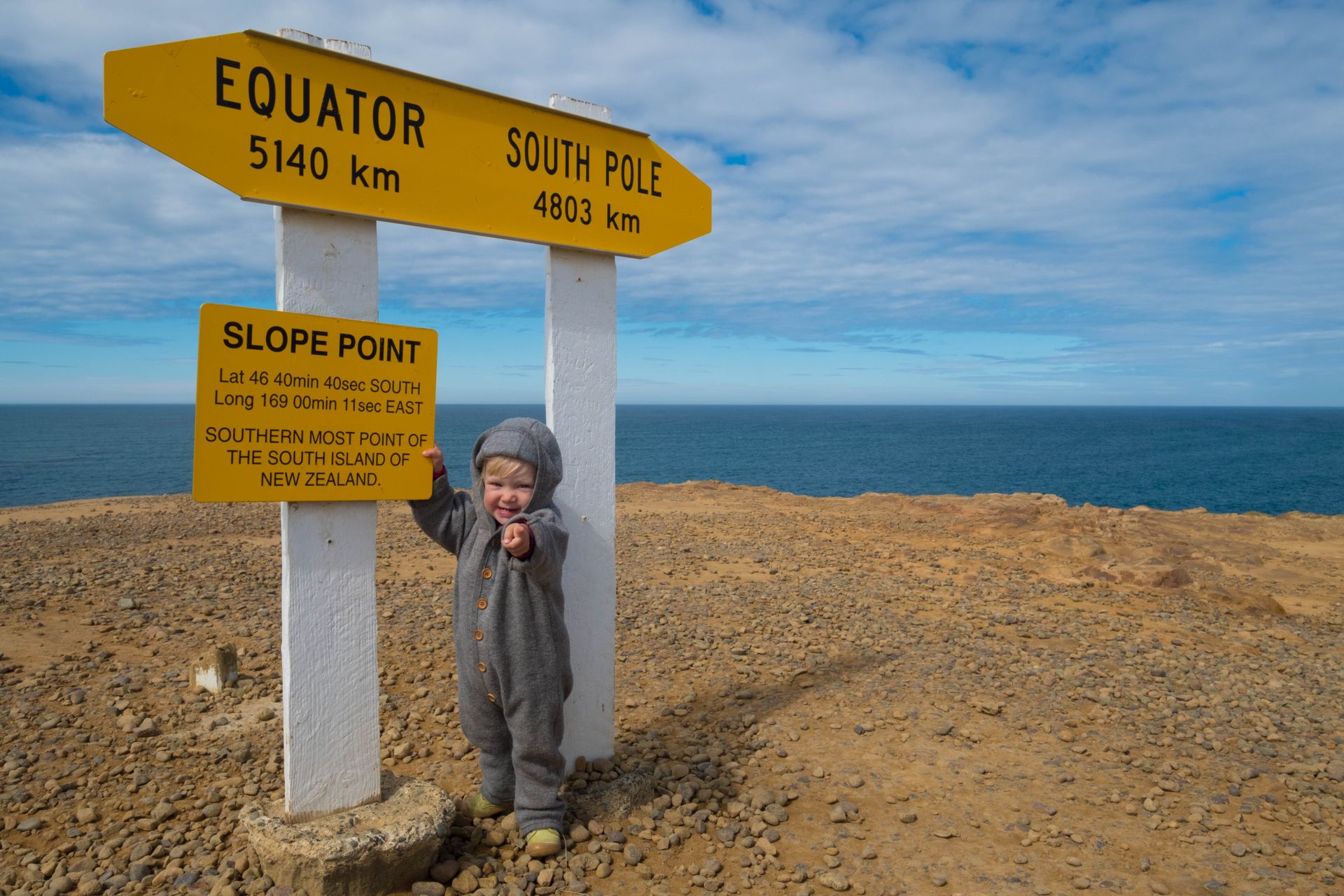

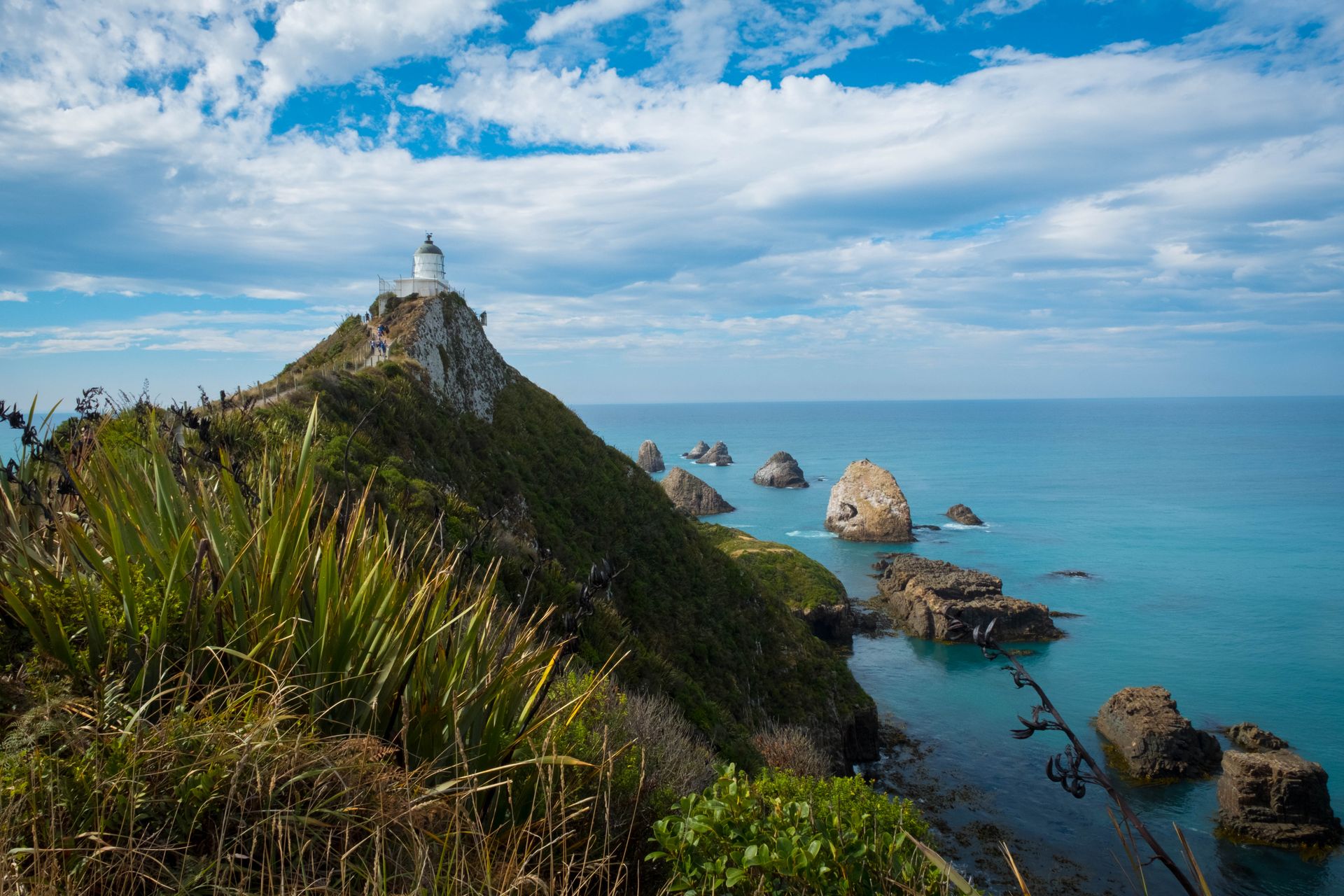

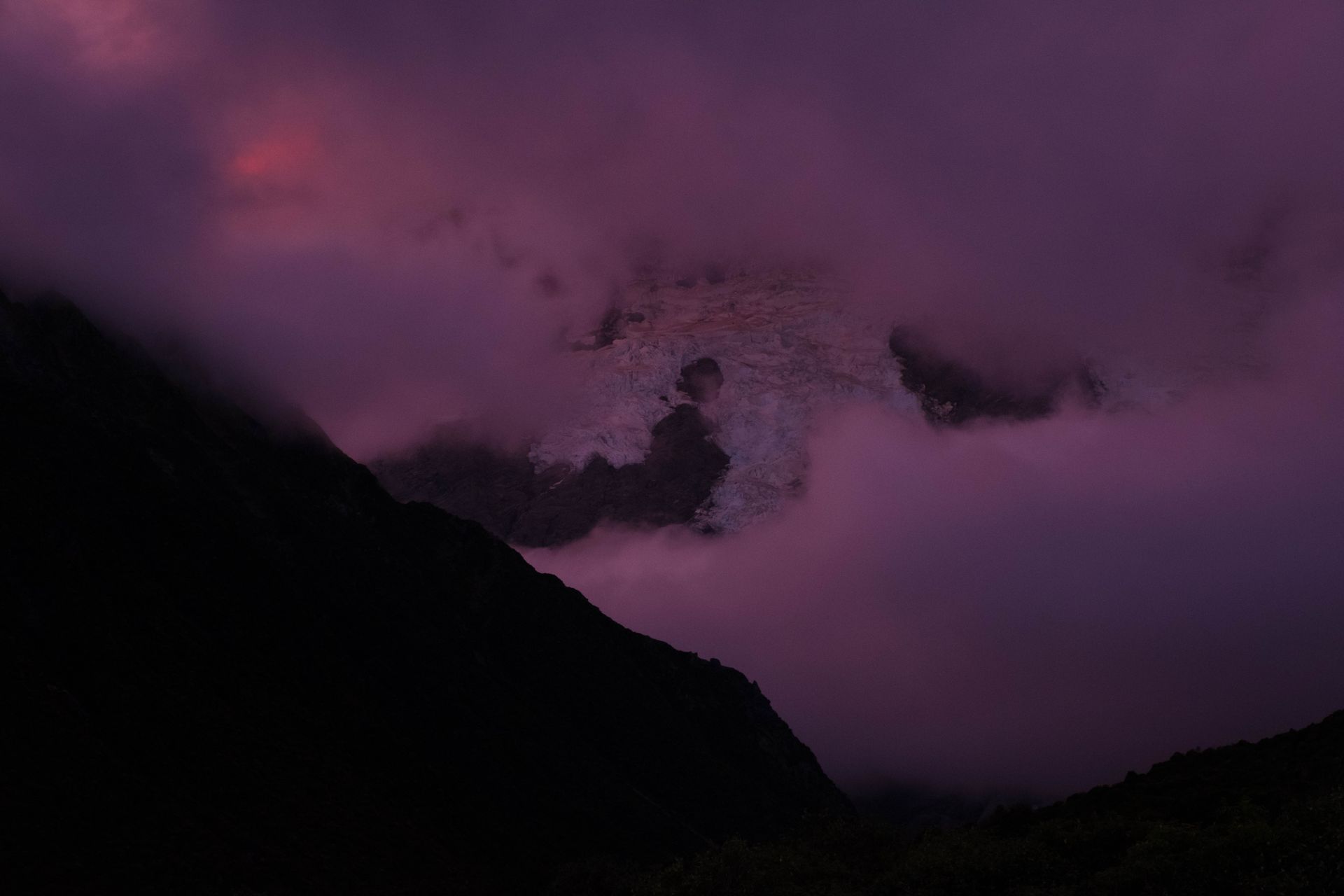
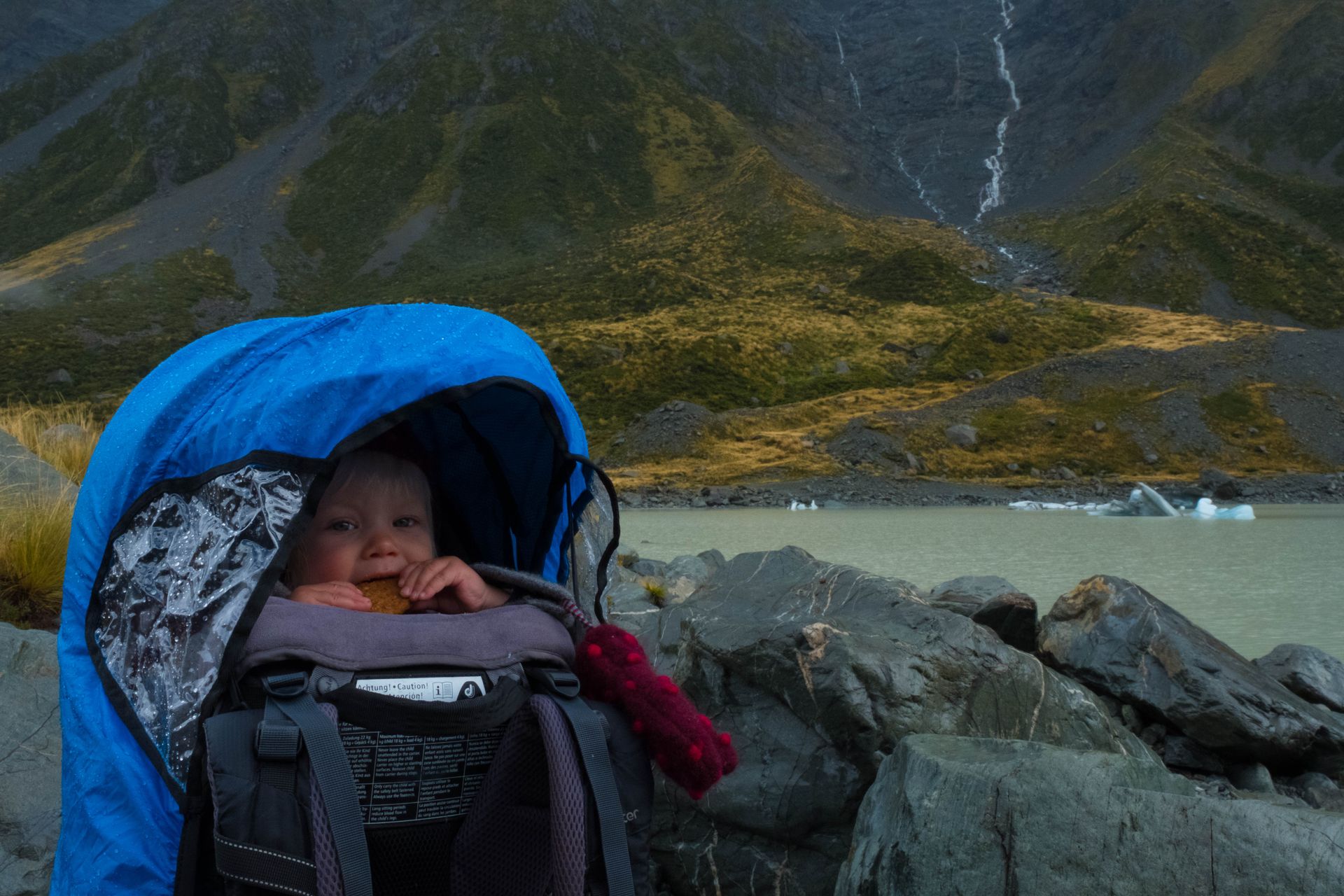




Die Einzigartigkeit Neuseelands liegt in unseren Augen in genau dieser Vielfalt an beeindruckenden Landschaften auf so kleinem Raum. Nicht zuletzt haben auch Swenjas Freunde aus Schüleraustausch-Zeiten, die wir hier über die Inseln verteilt besucht haben, die Zeit in Neuseeland zu etwas Besonderem werden lassen. Auch nachdem wir uns jahrelang nicht gesehen haben, wurden wir immer wie selbstverständlich mit offenen Armen begrüßt und gar für mehrere Tage aufgenommen. Wie wir auch schon auf unserer bisherigen Reise festgestellt haben, sind es die Menschen, die man unterwegs trifft, die unseren Eindruck von dem jeweiligen Land am intensivsten prägen.

Wɔ Nudɔdɔ na Nyadzɔdzɔgbalẽ
Ŋuɖoɖo

Mɔzɔzɔ ŋuti nyatakakawo New Zealand ƒe agbalẽ
